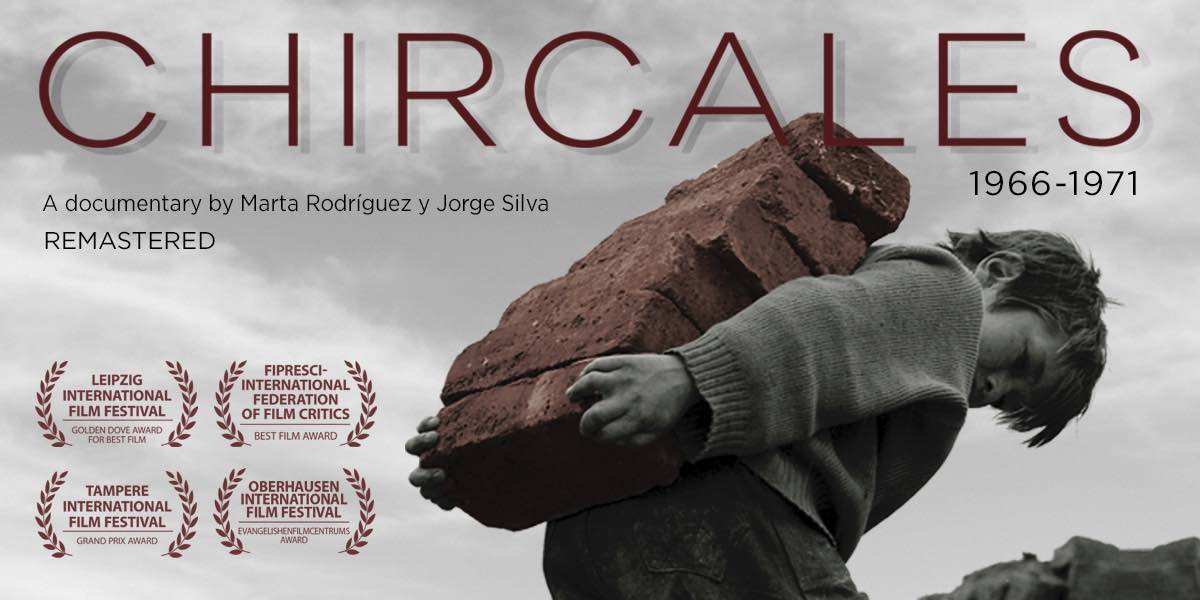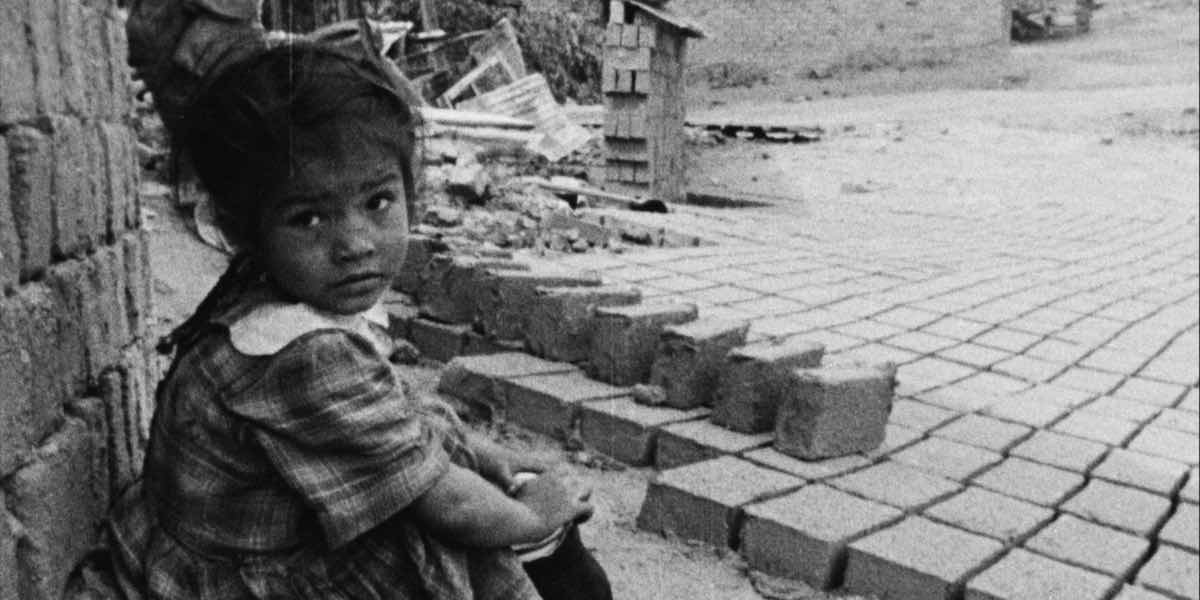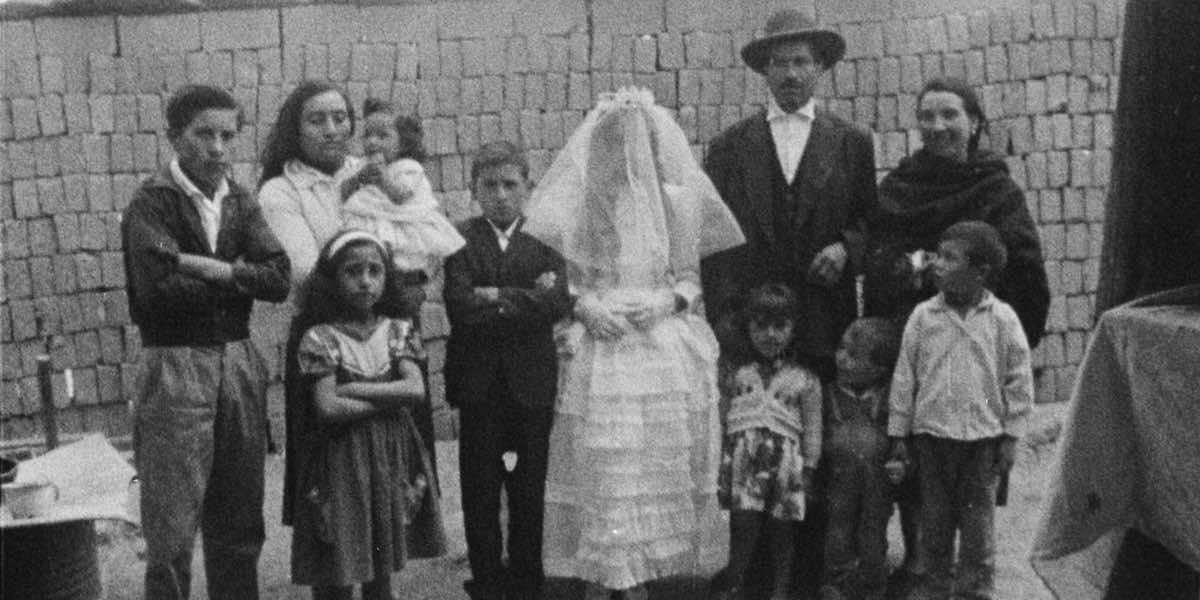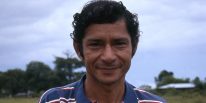An essential and highly influential classic for years to come, restored by the Arsenal Institut fur film und videokunst (Berlin). One of the first documentary works by Marta Rodríguez and Jorge Silva, Chircales is the product of two of the most prominent and rebellious voices of the New Latin American Cinema.
Rabidly current, Chircales is an exercise for a film production methodology that could be adapted to the sociopolitical conditions of Latin America. Using the framework of “participant observation,” Marta Rodríguez and Jorge Silva integrated themselves into the community of brickmakers with the Castañeda family to offer a more honest and complex portrait of feminist activism and Indigenous resistance.
Depicting the shocking poverty, domestic abuse, and exploitation of indigenous women and children in Tunjuelito, a neighborhood in southern Bogotá, Chircales chronicles the life of the Castañeda family for five years. The documentary shows the regime of exploitation to which it is subjected by the landowners of large farms from whom they were renting land for artisanal brick production.
In capturing these experiences, Rodríguez and Silva also created a methodology for documentary cinema in conditions of political violence that has been studied and replicated by filmmakers since then.







